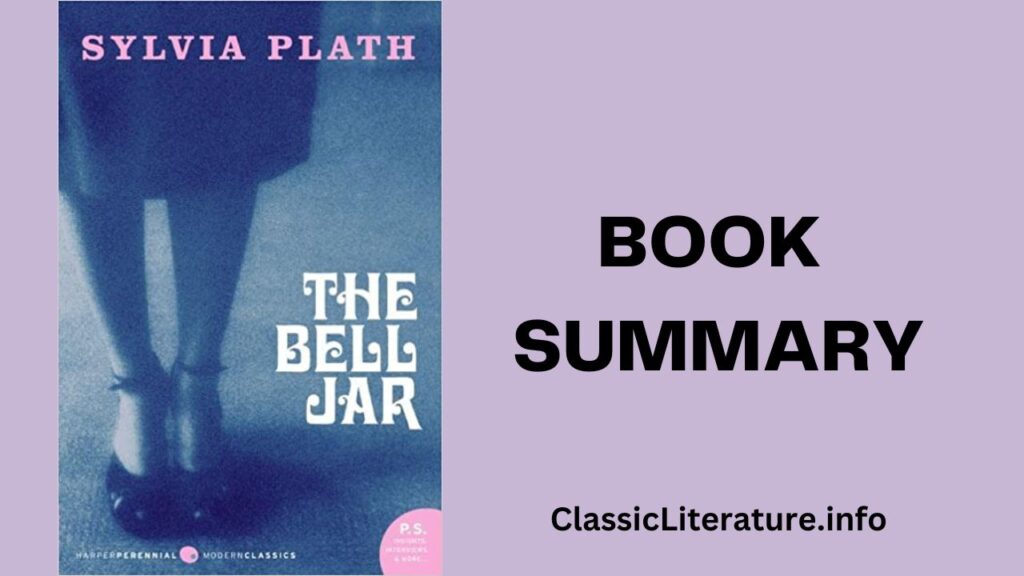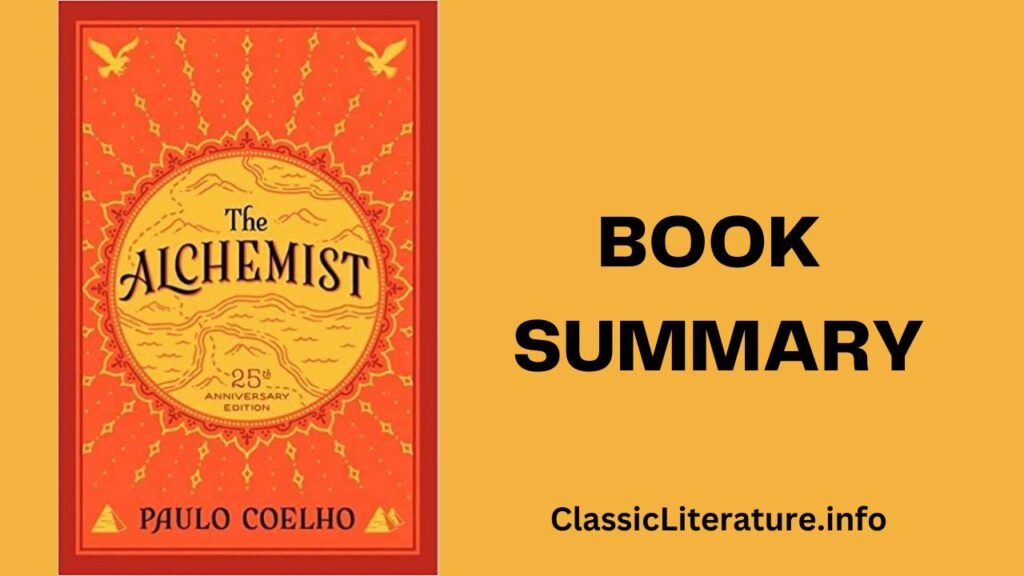
“To the Lighthouse” by Virginia Woolf is a modernist novel that delves into the complexities of human relationships, the passage of time, and the elusive nature of truth and meaning. Set in the early 20th century, the story takes place in two parts: “The Window” and “Time Passes.”
In “The Window,” the Ramsay family and their friends gather at their summer house in the Hebrides. The focal point is Mrs. Ramsay, the matriarch of the family, who attempts to create harmony and connection among the guests. The narrative explores the inner thoughts and perspectives of the characters as they navigate their relationships, desires, and aspirations. The promise of a trip to the lighthouse serves as a symbol of hope and longing.
However, in the second part, “Time Passes,” the story takes a dramatic turn. The war intervenes, and years go by. The house is left empty and deteriorates, reflecting the passage of time and the transience of human existence. Eventually, the family returns to the house, and a trip to the lighthouse is finally realized.
Great Quotes from “To the Lighthouse”:
“What is the meaning of life? That was all—a simple question; one that tended to close in on one with years.”
- This quote encapsulates the existential themes explored in the novel and reflects the characters’ search for meaning and purpose.
“For nothing was simply one thing.”
- Virginia Woolf’s lyrical prose captures the fluidity and complexity of human experiences and emotions, emphasizing the multifaceted nature of life.
“Nothing could be slow enough, nothing last too long. No pleasure could equal, she thought…”
- Woolf’s vivid descriptions and introspective musings beautifully capture the characters’ inner lives and their contemplation of time and existence.
Get Paperback or Kindle version of the book <–
“To the Lighthouse” is a must-read for its experimental narrative style and profound exploration of human consciousness and perception. Virginia Woolf’s stream-of-consciousness technique, with its seamless shifts in perspective and lyrical prose, immerses readers in the characters’ thoughts and emotions. The novel challenges traditional narrative structures and invites readers to contemplate the complexities of human existence and the transient nature of time.
Reader Reviews:
- “Woolf’s ‘To the Lighthouse’ is a masterful work of introspection and psychological depth. Her ability to portray the nuances of human thought and emotion is unparalleled. The novel’s experimental style may be challenging for some, but it rewards readers with a profound understanding of the human experience.”
- “I was captivated by the poetic beauty of Woolf’s prose in ‘To the Lighthouse.’ The novel’s exploration of the passage of time and the shifting perspectives of its characters left me pondering the nature of truth and the fleeting moments of life. It is a book that lingers in your mind long after you finish reading.”
- “Woolf’s ‘To the Lighthouse’ is a masterpiece of modernist literature. Her vivid descriptions and introspective narrative style create a rich tapestry of emotions and ideas. The novel may not be for everyone, as it requires patience and an appreciation for introspection, but for those willing to delve into its depths, it offers a profoundly rewarding reading experience.”
In conclusion, “To the Lighthouse” by Virginia Woolf is a seminal work of modernist literature, renowned for its experimental narrative style and profound exploration of human consciousness. The novel’s lyrical prose and introspective musings make it a must-read for those seeking a challenging yet rewarding literary experience. It appeals to readers who appreciate psychological depth, philosophical contemplation, and the beauty of innovative storytelling.
About the author
Virginia Woolf (1882-1941) was a British writer and one of the foremost figures of modernist literature. Known for her experimental narrative techniques and exploration of feminist and existential themes, Woolf’s works, including “Mrs. Dalloway” and “To the Lighthouse,” have had a significant influence on the development of 20th-century literature. Her contributions to the stream-of-consciousness technique and her introspective portrayal of characters’ inner lives have solidified her place as a literary pioneer. Woolf’s writing continues to resonate with readers for its psychological insight, lyrical prose, and unflinching examination of the human condition.





